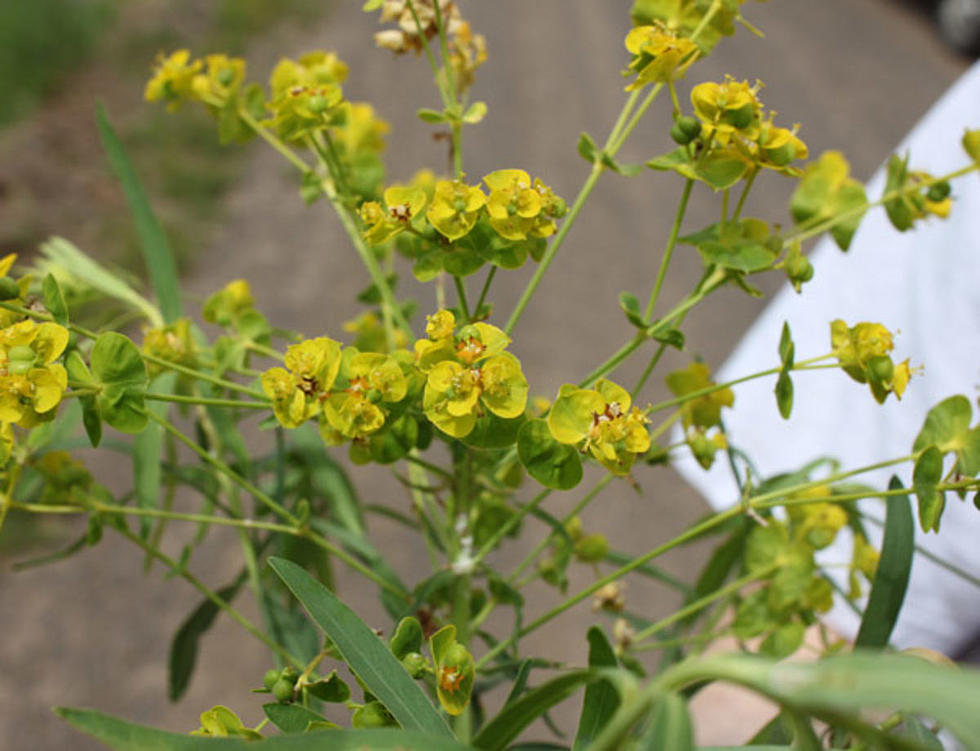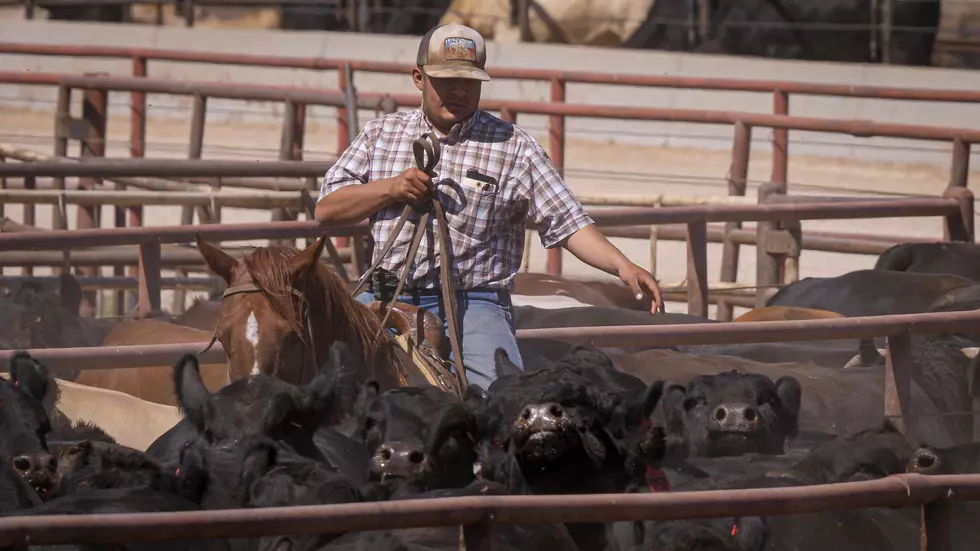
UW Researcher: Washington Wolf Population Could Be Much Larger
The number of wolves in the state of Washington is likely much higher than previously thought, according to a University of Washington researcher who spent two years studying the animals using scat-sniffing dogs. Samuel Wasser said his dogs detected 95 wolves in one area of Stevens and Pend Oreille counties, in the northeast corner of the state, during the 2016-17 season. That approached the total number of wolves wildlife officials estimated for the entire state.
The state Department of Fish and Wildlife a year ago estimated Washington had a minimum of 122 wolves, grouped in at least 22 packs, and 14 successful breeding pairs. Wasser told a state Senate committee last week that it’s possible the population of wolves is closer to 200 animals.
State wolf managers also addressed the panel, saying Washington’s wolf population has grown on average 30% per year.
“We are seeing a wave of recovery,” said Donny Martorello, head of wolf policy for the Department of Fish and Wildlife. “This is indicative of adequate protections, available habitat and suitable prey base.” Washington also has fewer conflicts between wolves and cattle than many other states, he told the Senate Agriculture, Water, Natural Resources and Parks Committee.
The question of how many wolves roam the state is important because it determines whether wolves are considered a protected species under state and federal law. Wolves are a state endangered species throughout Washington, where they were all but wiped out early in the last century but started returning from neighboring Idaho and Canada after the turn of the new century. They also remain federally protected in the western two-thirds of the state, where killing wolves is prohibited.
According to Washington’s wolf recovery plan, wolves can be delisted after 15 successful breeding pairs are documented for three consecutive years, or after officials document 18 breeding pairs in one year. Most likely, the state will document 18 breeding pairs in one year before they document 15 successful pairs over the course of three years, Martorello said.
If you have a story idea for the Washington Ag Network, call (509) 547-1618, or e-mail gvaagen@cherrycreekradio.com
More From PNW Ag Network









